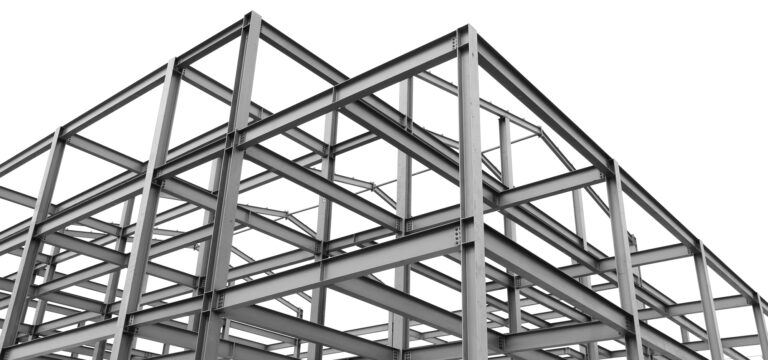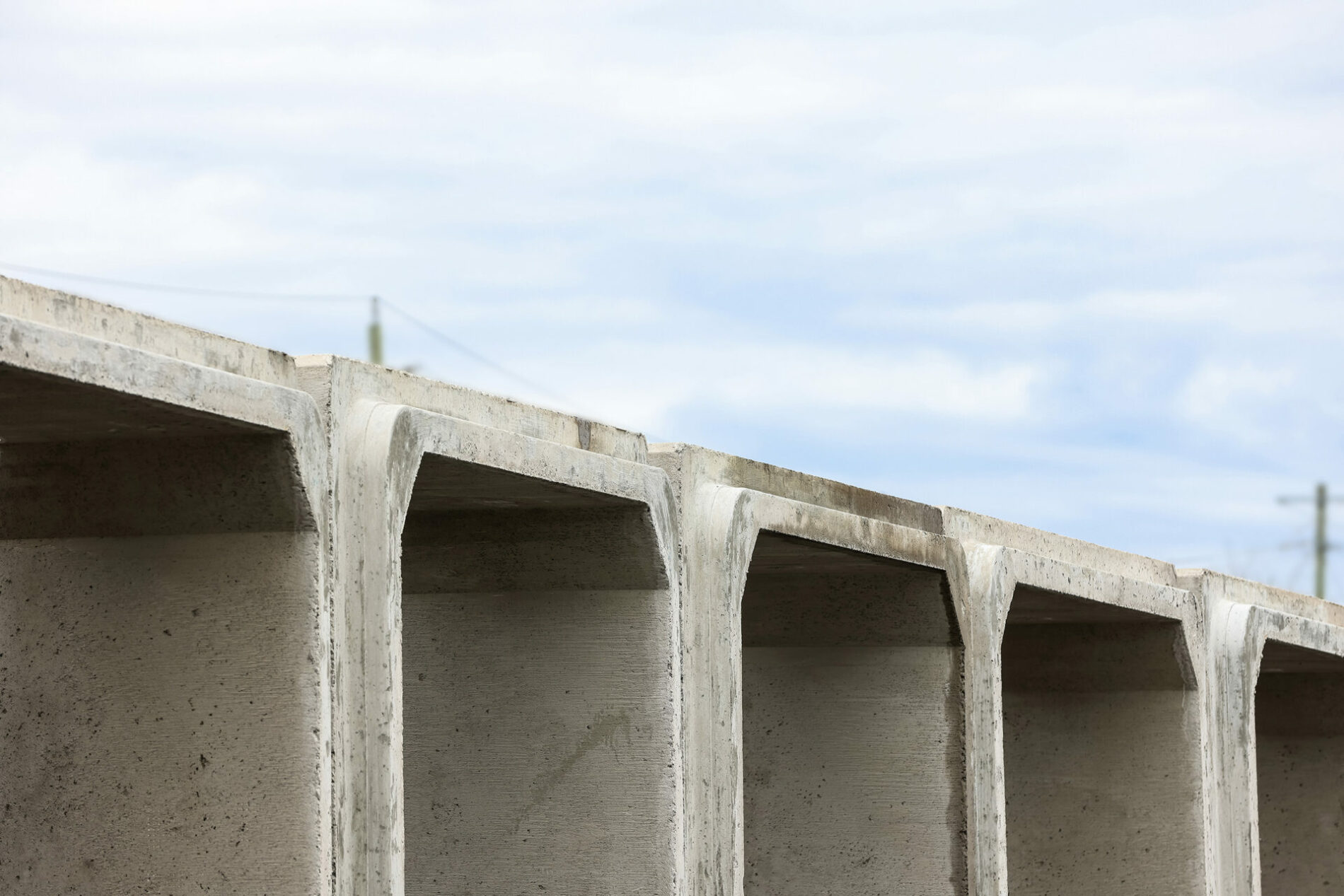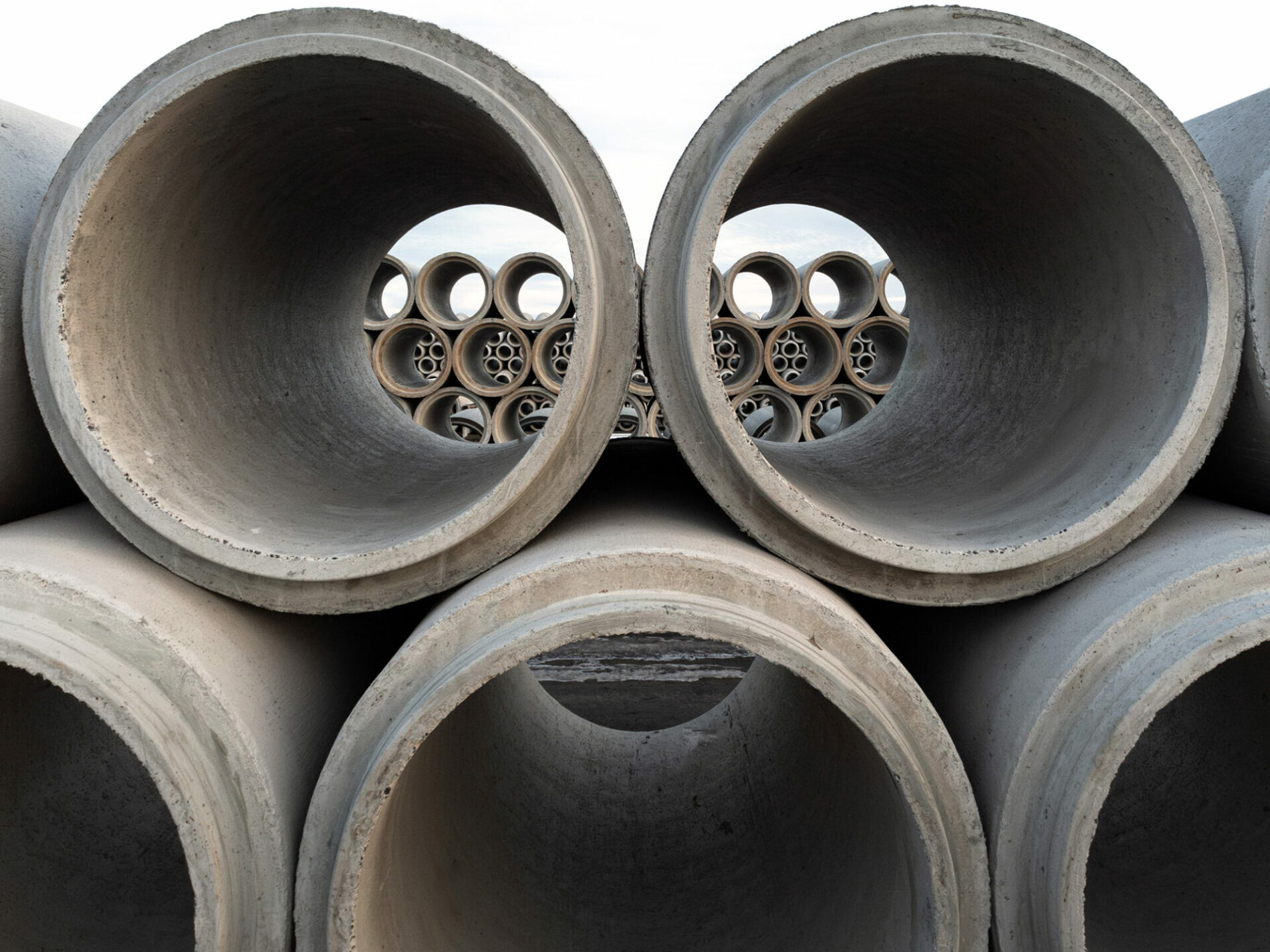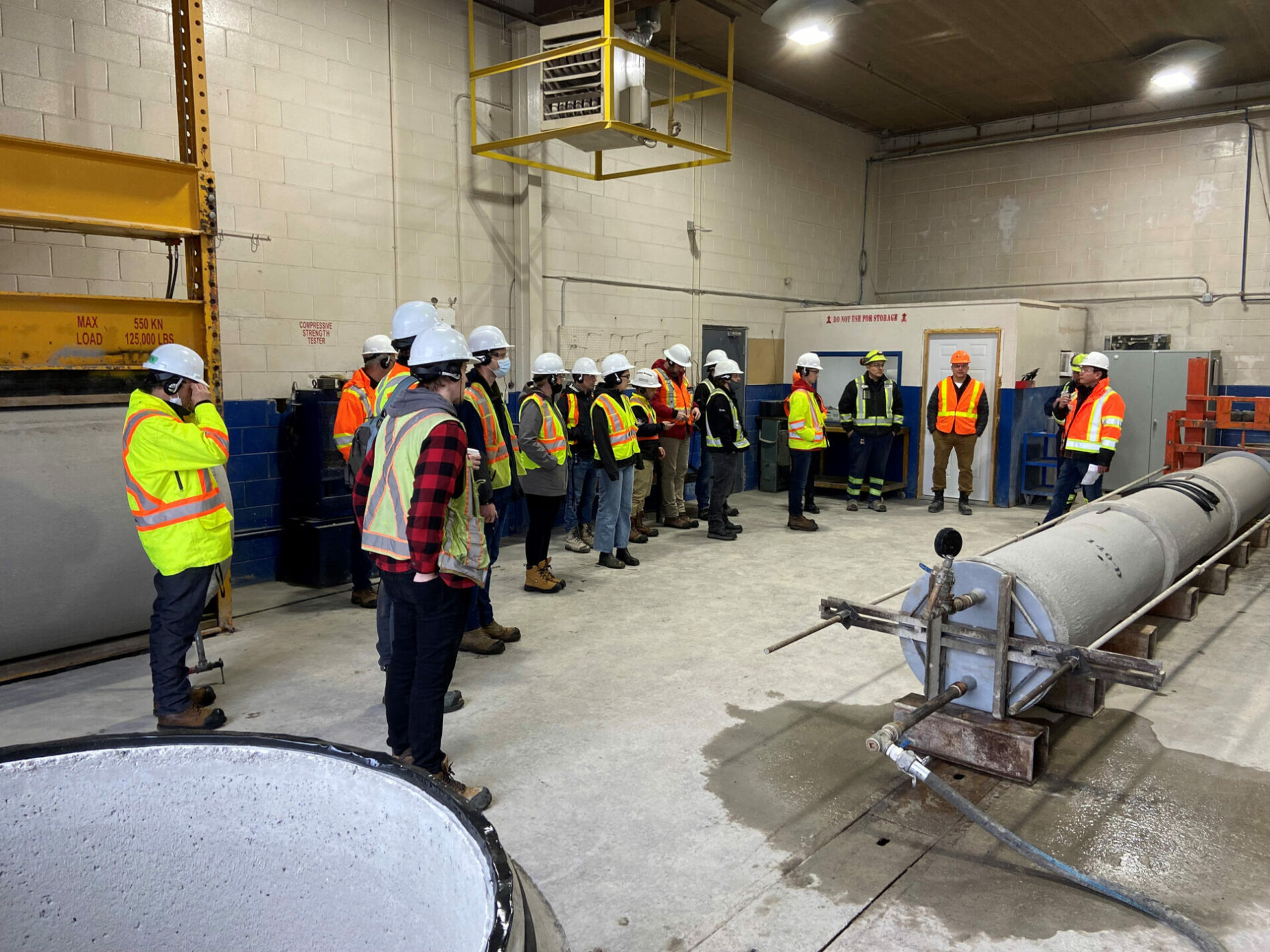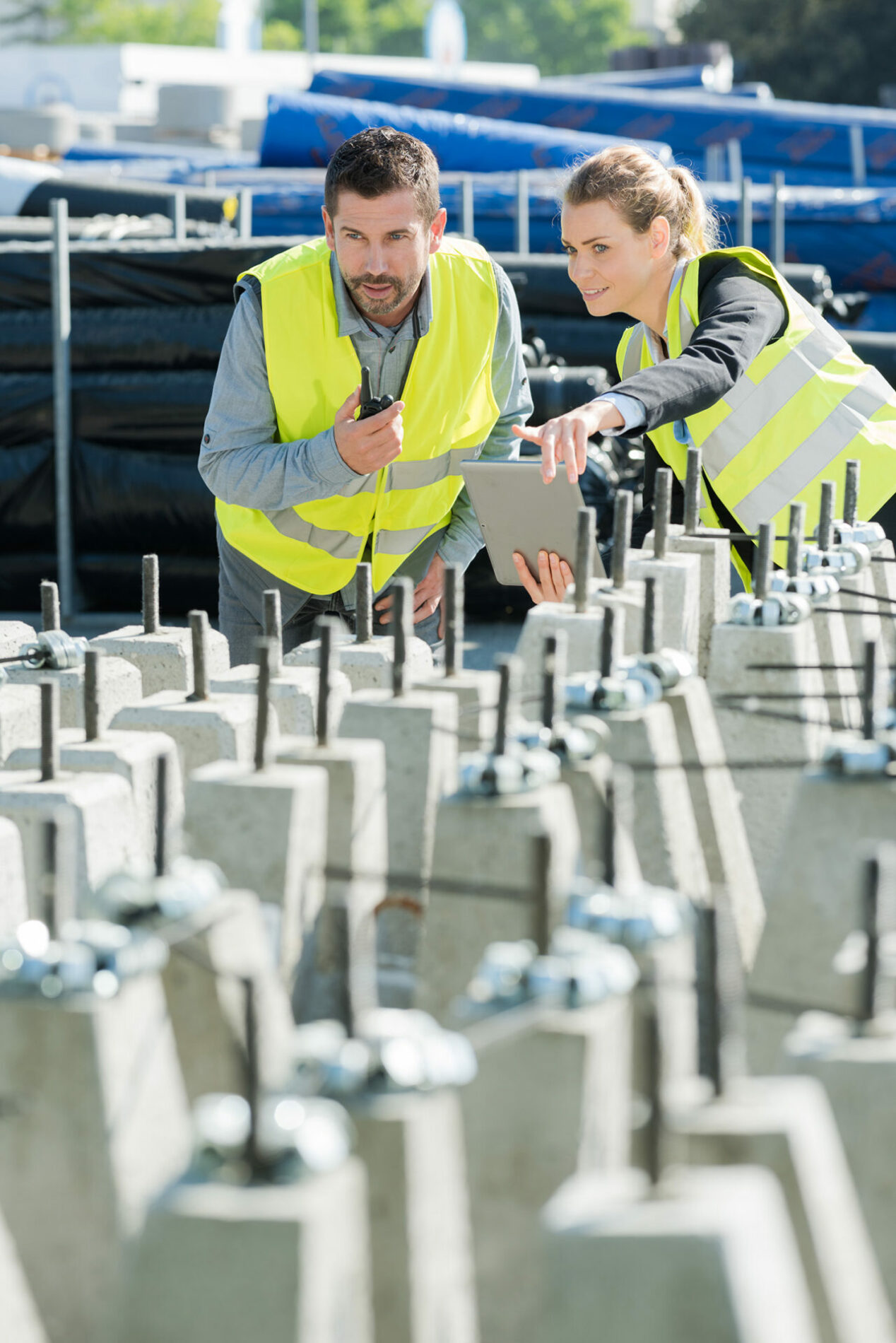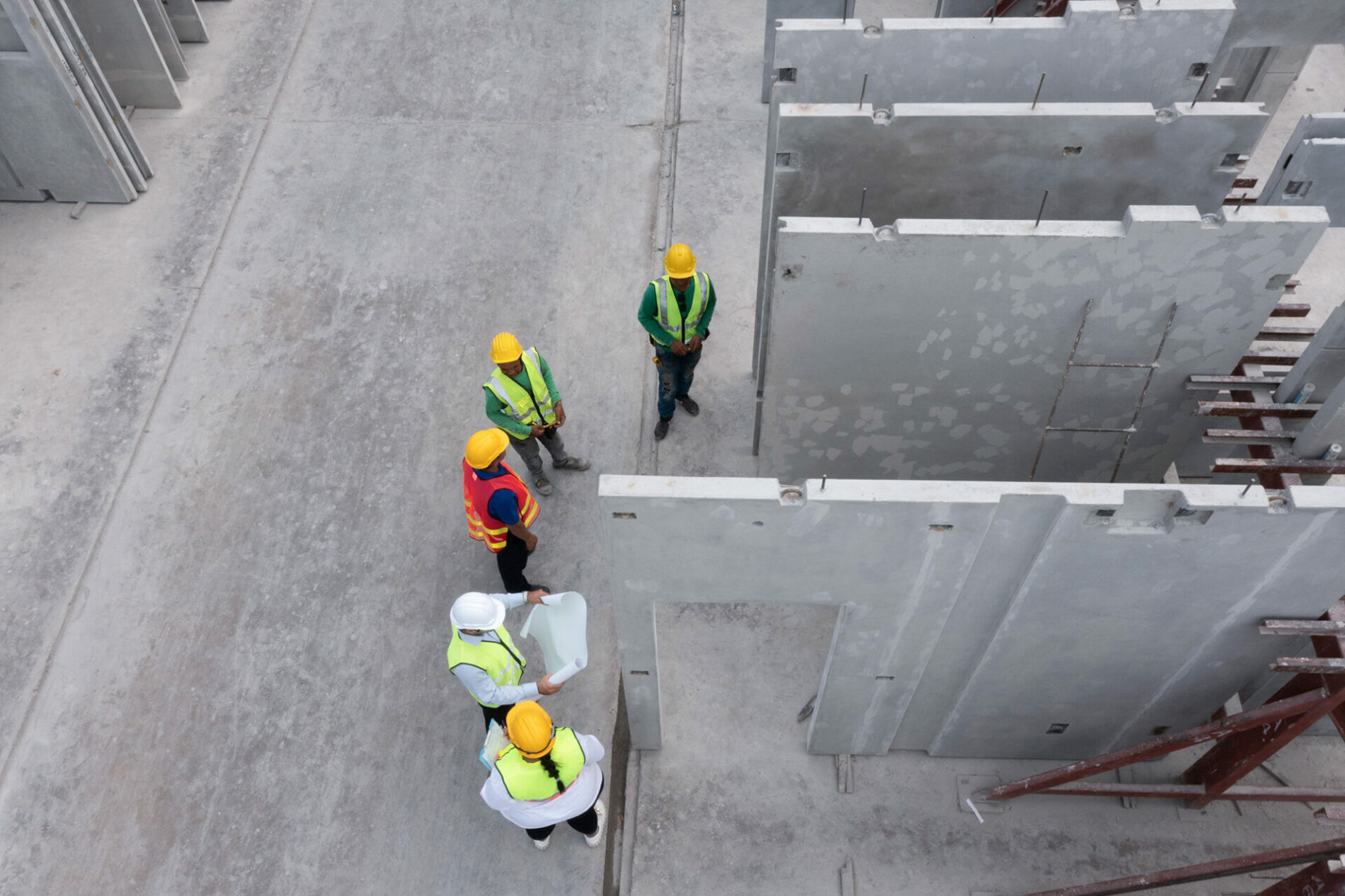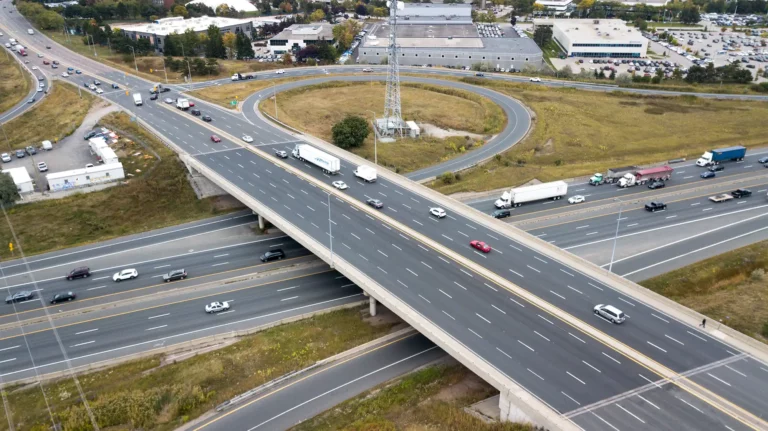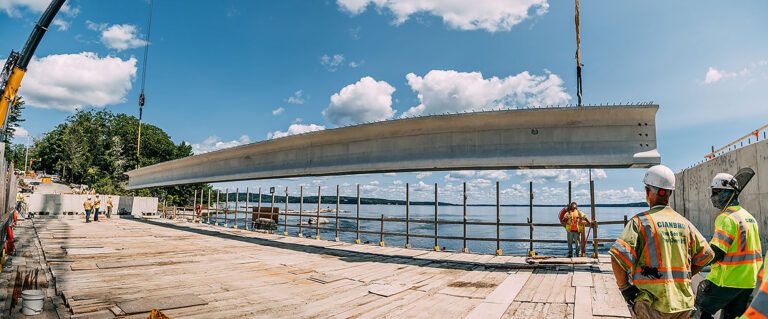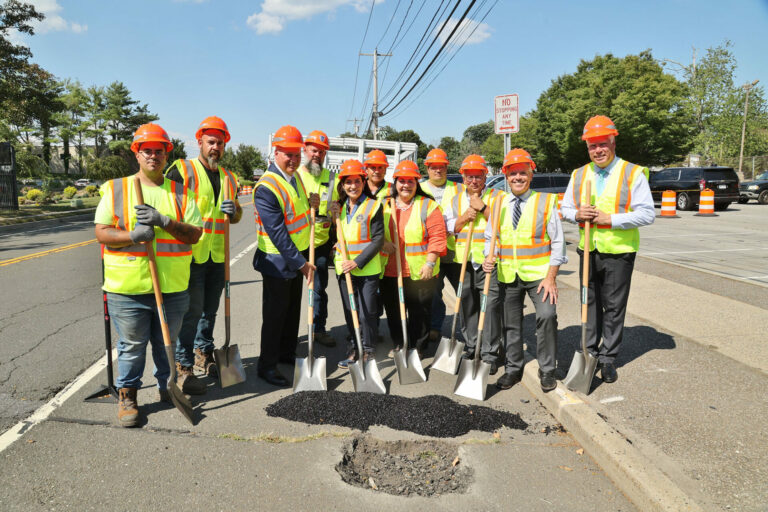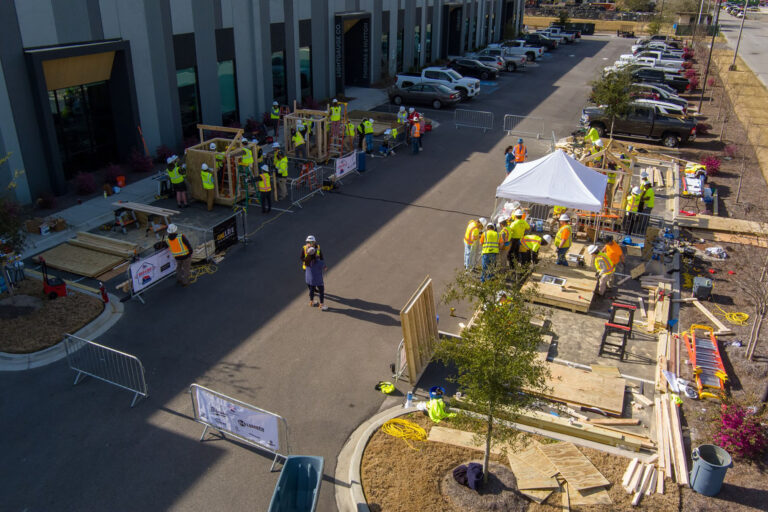The Canadian Concrete Pipe and Precast Association (CCPPA) advocates on behalf of its producer members, manufacturers of concrete pipe and precast structures. By working with municipalities, consulting firms and provincial entities, CCPPA provides information/education with respect to the design, manufacturing, installation, and inspection of both concrete pipes and precast structures. The association also provides specification support in terms of updates and/or or reviews. To educate members, the association hosts events such as Lunch and Learns and half-day seminars. While this is a vital element of its work, Jude Tremblay, P. Engineer, and President at CCPPA explains that it is through a process of meeting, engaging, and networking with consultants that design the infrastructure as well as the infrastructure owners such as provincial and municipal entities.
“One of the best things that we do is organize plant tours where we bring consultants and infrastructure owners staff through a concrete pipe/precast manufacturing facility. This always provides a deeper understanding of the manufacturing process while also highlighting the design and engineering capabilities of concrete pipe and precast producer. Each of our producer members has their own engineering design department that can provide support from the design stage through to the delivery stage. I believe most people don’t know the range of project support that a concrete pipe/precast producer can provide on a given infrastructure project. It’s really a wide range; almost a one-stop-shop.”

Photo by Carlo L. Mion 
In the last few years, the association has developed a practical “hands-on” training program for inspection staff from both municipalities and consulting offices. This training that is referred to as “Inspector Information Sessions” is designed to be very interactive. It is facilitated by concrete pipe/precast producer staff and provides a wide range of practical information from the design to the manufacturing, the installation and the inspection of concrete pipe and precast structures. As Tremblay explained, this hands-on approach is a very effective way of providing practical knowledge. “The attendees see the structures/concrete pipes in place, discuss various aspects with producer staff and at the end of the day gain a better understanding of how these components come together on the job site and are able to work with the contractor to ensure proper installation and also pass on some of that information during their site inspections.”
The association began as the Ontario Concrete Pipe Association in 1957 when the Ontario concrete pipe producers got together to form the OCPA. In 2013, the association expanded west to include Manitoba, Saskatchewan, Alberta and British Columbia. This is when the CCPPA (Canadian Concrete Pipe & Precast Association) was born. The association celebrated its 10th anniversary in 2023, and Tremblay attributes its success to the strong commitment demonstrated by the producer members. “They’re the ones that created the Ontario Concrete Pipe Association. Then when it expanded into the Canadian Concrete Pipe and Precast Association, the commitment was unwavering from the existing members as well as the new western members. It brought in quite a number of new members. There’s been unrelenting dedication and focus to ensure that our association continues to be a key resource for infrastructure owners as well as consulting companies throughout Canada.
“This accelerated construction can reduce an installation from weeks or months down to days.”
Throughout these ten years, the association has smashed several milestones. While for Tremblay, the most significant of these is the expansion itself —an event which marked the beginning of its journey— the association has developed a network of contacts throughout Canada, establishing itself as an important resource for municipalities and consultants. For him, networking and “being seen as a resource” are key milestones that have been achieved. Currently, the association is working to improve the carbon footprint in the precast industry – stepping into a new age of environmental sustainability. With recent forest fires that raged throughout the summer, the evidence is clear. Climate change is a significant challenge to the precast industry. The manufacturing of cement generates a significant amount of CO2. Cement is a key ingredient for producing concrete. But not all concrete is created equal.
Precast concrete provides “a reduced carbon footprint as the final install product.” Tremblay notes a trend over the past 10 to 12 years where the benefits of precast are being harnessed to mitigate against these challenges. “Previously, a structural element would be cast-in-place where you’d have a forming contractor arrived on site, ready mixed concrete would be delivered. It would be poured into the forms, if it was winter, it would have to be heated and protected for at least seven days. The forms would come off. They’d have to do multiple pours, and so the scheduling was quite long to build a concrete structural element on site. Precast elements are produced in a manufacturing facility that is temperature controlled and provides minimal waste and very efficient production. Having precast elements prefabricated for a given project provides an accelerated schedule and reduces the overall time of constructions and has an impact on reducing traffic congestion when the project involves roadways. The use of precast structural elements has accelerated through the pandemic because of ongoing labor shortages, the need for accelerated construction and other challenges. We keep seeing more and more elements that would typically be cast-in-place on site now being done by our producer members.” The advantage to this, he says, is clear. This accelerated construction can reduce an installation from weeks or months down to days. There’s a lot of advantages to using precast and the push in that direction is significant.
The other aspect of the industry that also helps reduce the carbon footprint, is the fact that concrete pipe and precast producers are local. They use local raw materials, local labour, designed locally and are used in local infrastructure projects. Other alternative materials have a significantly higher transportation component. Some materials travel halfway across North America in some cases.”
Tremblay was recently appointed as President of CCPPA, bringing with him a wealth of knowledge. He has been working in the concrete industry since he graduated with a bachelor’s degree in civil engineering, in 1989. He has always had a strong passion for concrete. After taking on this new role, he toured all the producer member facilities from Ontario through to British Columbia. Meeting all of the association’s members. He discussed with them what they valued in the association, and what more could be done to help them. Moving forward, his vision is to make CCPPA an essential resource for infrastructure owners and consultants, to provide them with support in terms of technical expertise and training and ultimately, to help owners and consultants ensure their infrastructure projects are durable and resilient. With this in mind, 2024 is looking positive for the association, with the expansion of the practical training initiative across Canada. Tremblay explained: “The Inspector Information Sessions are extremely popular with municipal engineering departments and engineering consultants with their younger staff. We’re going to also continue to provide lunch and learns as well as plant tours.”
There is also a strong focus on social media and growing the association’s presence on YouTube to share short videos aimed at the inspection and installation of concrete pipes and precast products. Tremblay explained, “Our goal is to be more present in those social media platforms and to utilize them and expand our support. The short videos are very effective in conveying those key points in terms of installation and inspection of concrete pipe and precast products.”
Growth is a key focus of CCPPA moving into the new year. This will be achieved, as always, by nurturing its network, growing its number of contacts, and continuing to be the foremost resource for infrastructure owners and consultants throughout the country. If the ongoing success of the concrete pipe and precast concrete sector is anything to go by, the future is a bright one for CCPPA and its members.








